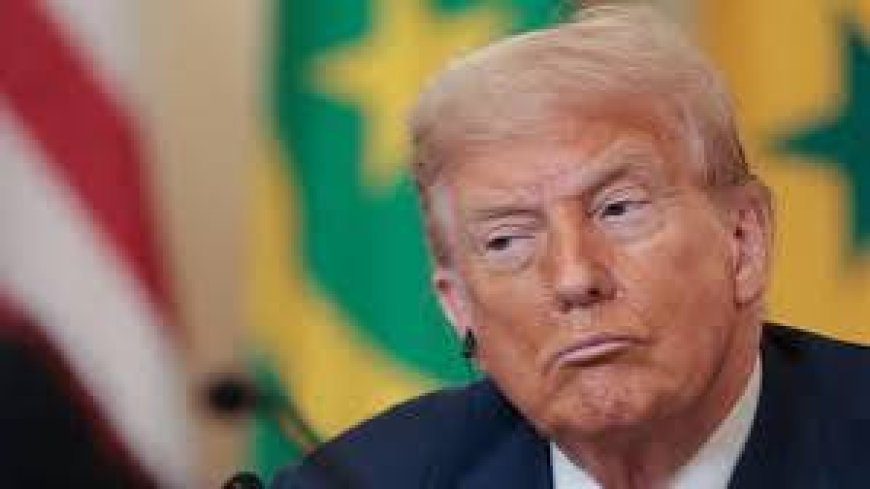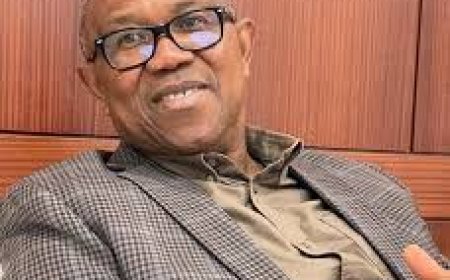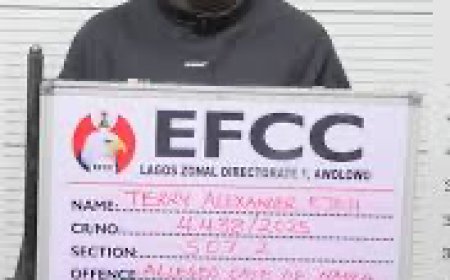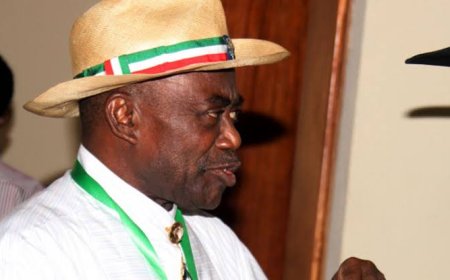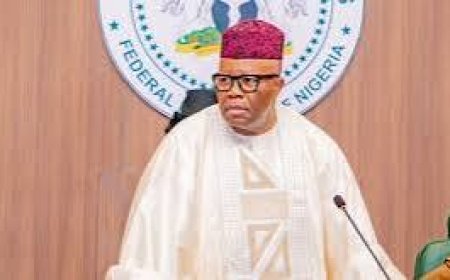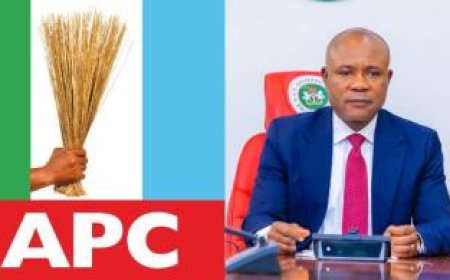When the White House recently disclosed that former President Donald Trump, now 79, has been diagnosed with chronic venous insufficiency, a benign yet common condition, where veins struggle to pump blood back to the heart, it did so with characteristic openness befitting a mature democracy. Dr. Sean P. Barbabella, the President’s physician, issued a straightforward medical memo; the White House Press Secretary, Karoline Leavitt, addressed the matter publicly without hesitation. There was no drama, no secrecy, no elaborate deception, just openness and transparency.
This is how functioning democracies operate. The health of national leaders is not merely a private matter but a public concern. Citizens deserve the truth, not because they are nosy, but because the health of a nation’s president bears direct consequences for governance, stability, and security. Leaders who are funded, protected, and medically catered for with public resources owe the public honesty.
Contrast this with Nigeria, where deception is almost state policy, and spin-doctors flourish as merchants of falsehood. One name towers here - Garba Shehu, the former spokesman to late President Muhammadu Buhari. In a brazen act of self-indictment, Shehu once admitted, gleefully and without shame, that he “concocted the rat story,” that is, the bizarre tale of rodents invading the presidential office, to distract Nigerians from the truth of Buhari’s failing health and his extended medical absence in London. According to Shehu, this absurd fabrication “worked.”
What a damning indictment of the Nigerian state! In any serious democracy, such a confession would end a career. In Nigeria, it earns applause among sycophants and cements one’s reputation as a “master strategist.” That is the tragedy. Lies are institutionalized. Deception is celebrated. Public relations has been reduced to official gaslighting, weaponizing falsehood to manipulate national discourse and insulate power from accountability.
The problem goes beyond Shehu as an individual. He is but a symptom of a deeper rot, a culture of governance, where opacity is prized over transparency, and where the truth is routinely sacrificed at the altar of short-term political expediency. When leaders vanish from the public eye, Nigerians are served insulting distractions: “The President is resting.” “The President is observing his Eid prayers.” Or worse, as in Buhari’s case, “Rats chased the President out of his office.”
Such deception breeds only mistrust. During Buhari’s medical absences, conspiracy theories flourished: Was he alive? Was he brain-dead? Had he been replaced by a body double? The government, rather than quelling these rumors with facts, seemed content to allow the lies of omission and commission to fester. And even former President Buhari officially died, some distrust Nigerians still asked, 'Which version of Buhari?' Even now, with President Bola Ahmed Tinubu, this culture continues. Since his inauguration in 2023, Tinubu has turned disappearing and reappearing into a political art form. His unexplained absences and medical travels provoke rumours precisely because there is no transparency, only evasion.
By contrast, America’s handling of Trump’s minor health issue shows the power of honesty. No panic. No conspiracy theories. No rats in the office. Just facts. Transparency disarms rumour. It strengthens trust. It models accountability. In Nigeria, the refusal to disclose the truth about leaders’ health only deepens the dangerous gulf between government and governed.
The lesson for Nigeria’s future leaders and their spin-doctors is painfully clear. transparency is not weakness; truth is not a liability. A culture of deception corrodes public trust and reduces governance to a theatre of absurdity. The role of a government spokesperson is not to manufacture distractions but to communicate the truth, however inconvenient. If Garba Shehu's “rat story” is the pinnacle of Nigerian public relations success, then we have institutionalized shame.
Nigeria’s leaders must understand that secrecy fertilizes suspicion, and lies embolden conspiracy. Leaders, who hide their health conditions behind curtains of deception only make themselves more vulnerable to speculation. Those entrusted with managing public communication must abandon the bankrupt strategy of spin and embrace honesty as policy.
If Nigeria desires a healthier political culture, it must take a cue from democracies where even “veins” are discussed openly. Better a nation that trusts the truth than one distracted by tales of rats and rodents.
The hypocrisy runs deep. These leaders are quick to tout accountability in public speeches while guarding their own medical records like state secrets. They lavishly patronize the world’s best hospitals abroad, paid for by Nigerian taxpayers; yet, deny those same taxpayers access to even the most basic truths about their well-being. It is a grotesque irony that demands correction.
Nigeria, and indeed all nations, where secrecy is prized over openness, must understand that transparency is not a weakness; it is a strength. Leaders grow no weaker by admitting their humanity. Nations grow no stronger by pretending their presidents are immune to the frailties of flesh. If anything, honesty in the face of illness models a rare form of leadership, one that is accountable, vulnerable, and ultimately trustworthy.
Until Nigeria’s leaders learn this lesson, citizens will continue to read the absence of transparency as evidence of something darker. And they will not be entirely wrong. Let Nigeria take a cue. Truth, even about veins, is healthier for the nation than lies, no matter how skillfully dressed.
Finally, let Nigeria learn this simple lesson. A nation grows stronger through transparency, not through lies, no matter how 'cleverly' concocted.
